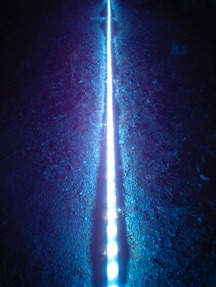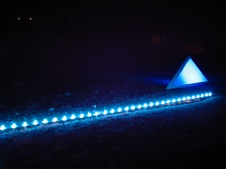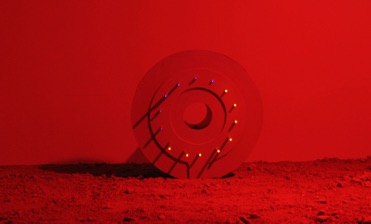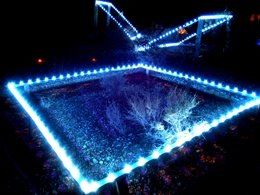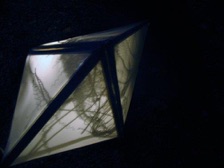About
This project began with a couple of interventions at the Sunrise Mountain Recreational Area in 2007
Desert automations are a combination of interactive, kinetic, transformative and generative sculptural works that exist in pre-determined geolocations scattered on the interstitial boundaries of wild and urban ecologies. Sites are visited by chance encounter or through GPS coordinates. Each site is an incursion on the landscape and a modification of the intended terms of abandonment. The duration, condition, and activity of the the sculptures vary and transform according to predetermined processes. The project is a study of urban and social impacts on ecologies and draws new potential terms that can define usefulness and meaning to our interruptions in the landscape.
